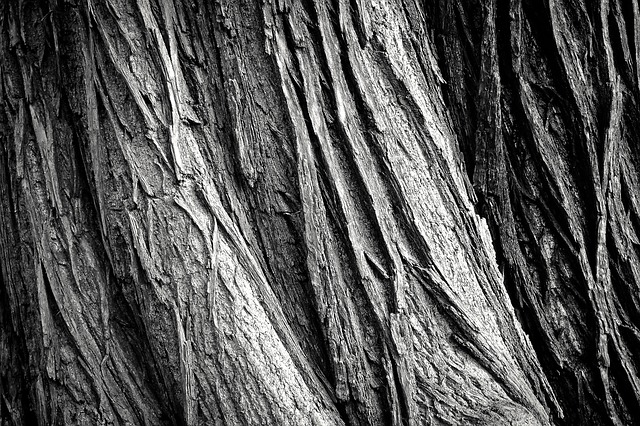Wired published an informative piece today entitled, “Wikipedia’s Fate Shows How Social Media Endangers Knowledge”.
Wikipedia was formed with the intent to serve as an online encyclopedia and as a repository for human knowledge. Encyclopedias have existed for 2,000 years and have evolved over time to their present form. Within the article, the Hossein Derakhshan states:
“WIKIPEDIA, one the last remaining pillars of the open and decentralized web, is in existential crisis.
This has nothing to do with money. A couple of years ago, the site launched a panicky fundraising campaign, but ironically thanks to Donald Trump, Wikipedia has never been as wealthy or well-organized. American liberals, worried that Trump’s rise threatened the country’s foundational Enlightenment ideals, kicked in a significant flow of funds that has stabilized the nonprofit’s balance sheet.
That happy news masks a more concerning problem—a flattening growth rate in the number of contributors to the website. It is another troubling sign of a general trend around the world: The very idea of knowledge itself is in danger.”
What’s the role of social networks in the gathering of knowledge? Derakhshan says:
“Social networks, though, have since colonized the web for television’s values. From Facebook to Instagram, the medium refocuses our attention on videos and images, rewarding emotional appeals—‘like’ buttons—over rational ones. Instead of a quest for knowledge, it engages us in an endless zest for instant approval from an audience, for which we are constantly but unconsciously performing.”
The key point that the author makes in his article is that with social media showing us exactly what we want to know, why do we need to go to an encyclopedia to search for knowledge? And with regard to Wikipedia, does it become irrelevant? Does the quest for knowledge become meaningless?


